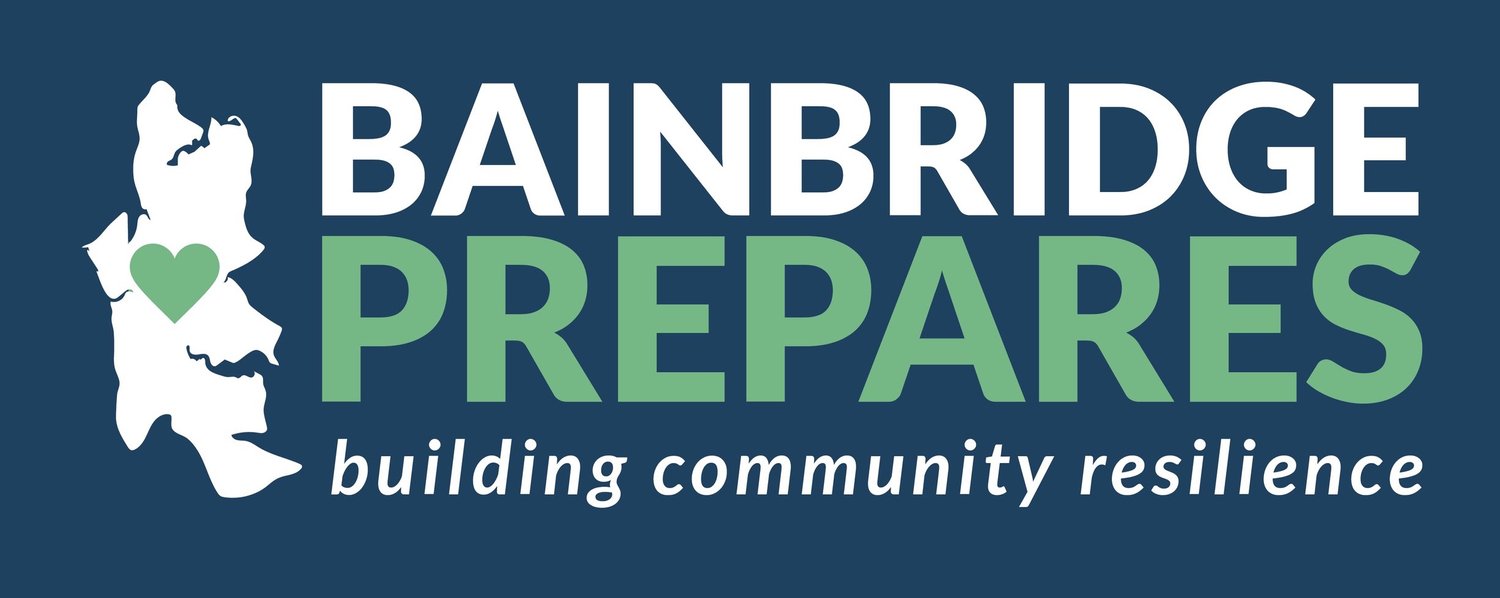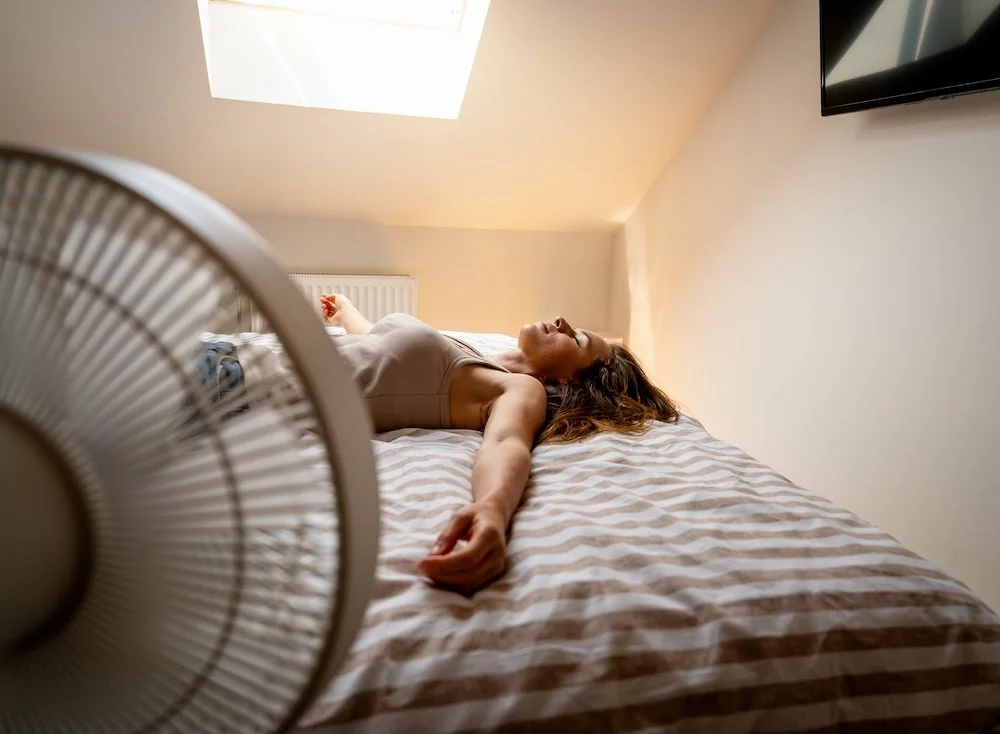Hot Stuff
Just a reminder as the sweat pools behind your knees: Extreme heat can make you sick. Stay healthy by paying attention to the forecast and preparing accordingly.
Those most likely to be affected by heat are babies and children, pregnant people, anyone over the age of 64, outdoor workers and exercisers, those who suffer from chronic health conditions, and animals who can’t control their exposure (i.e., they’re stuck in a car or chained up outside).
How to Stay Safe
Drink water. Avoid caffeine, alcohol, and sugary drinks.
Limit your time in the sun and heat. Stay inside in cool spaces as much as possible. If you have to work outside, take frequent breaks, and try to get more done in the cooler, morning hours. If your home is hot, go to a cooling center.
Dress appropriately. Loose, lightweight, light-colored clothing is best.
Use sunscreen and wear a hat.
Eat too. If you’re hydrating a ton but not getting enough salt, you can suffer from low concentrations of sodium in your blood, resulting in a dangerous condition called hyponatremia. This is even more likely if you are exercising and sweating.
Stay in cool, indoor spaces as much as you can. If you are not able to stay cool in your home, go to a public space with air conditioning.
Swim, bathe, or shower. Immersing yourself in cool water can help you prevent heat illness.
Help others stay safe too. Check on older neighbors, relatioves, and friends. Check on pets that are confined outdoors or locked in closed cars.
Heat Illness
There are two main forms of heat illness: heat exhaustion and heat stroke. If untreated, heat exhaustion can progress to heat stroke. If untreated, heat stroke can lead to death.
Heat Exhaustion Signs
Heavy sweating
Cold, clammy skin
Fast, weak pulse
Nausea or vomiting
Muscle cramps
Tiredness/weakness
Dizziness
Headache
Loss of consciousness (passing out)
Heat Stroke Signs
High body temperature (103° or higher)
Hot red skin
Fast, strong pulse
Headache
Dizziness or nausea
Confusion
Loss of consciousness (passing out)
What to Do If You Think Someone Is Heat Sick
First off, if someone might be suffering from heat stroke, call 911 immediately. While you wait for the first responders, try to lower their body temperature. Do not give them water to drink.
If someone seems to be suffering from heat exhaustion, lower their body temperature:
Move them to a cooler place
Give them water
Loosen their clothing
Apply cool, wet cloths or towels to their skin
Put them in a cool shower or bath
Cool Shelter
If your home is hot, find a cooling center here. You can also go to a library or mall to seek cool shelter.
Even if your water and/or electricity are cut off for nopnpayment, state law guarantees you access to water and power during a heat wave. If the National Weather Service has issued a heat warning for your area, contact your utility provider and request reconnection.

